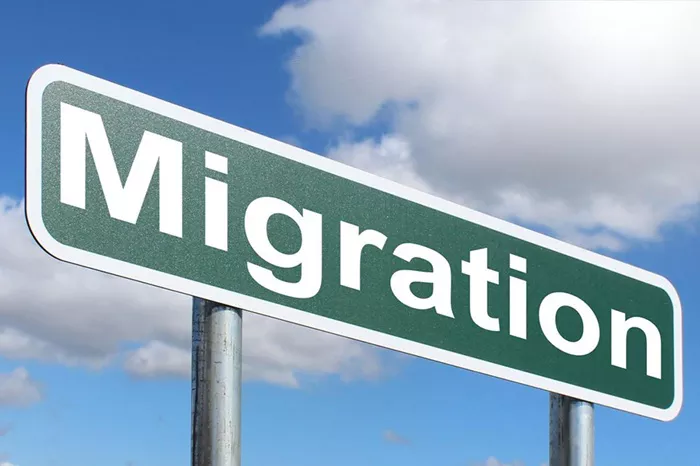Despite long recognising migration as a key part of South Africa’s skills ecosystem, the country has failed to build effective policies around it. A 2023 review acknowledged the problem plainly: “Existing immigration policies have not worked well to attract skilled global talent.”
The government now hopes to change that. The Department of Employment and Labour recently released the White Paper on National Labour Migration Policy, aiming to fix years of missteps.
Global economic success often depends on skills. Countries that grow understand that talent is mobile. Skilled workers move across borders in search of better opportunities. The White Paper reflects this, recommending that South Africa prioritize the “attraction and retention of skills,” whether local or foreign.
It acknowledges the country’s loss of talent to emigration. It calls for steps to bring skilled workers back, even if only temporarily, and to prevent further loss. It also urges better coordination among the many government bodies that deal with migration.
These are sound goals, and the policy outlines several ways to achieve them. However, the document fails to address how these goals align with other government initiatives—especially the new regulations introduced under the Employment Equity Act (EEA).
These regulations, described by many as de facto quotas, place transformation above other priorities. Firms that fail to comply could face severe penalties. The focus here is not just on skills, but on who holds them. In government language, people are often treated as representatives of their race or “national group,” as the President recently put it.
This undercuts the White Paper’s call to value skills “regardless of their origin.” Instead, it makes origin central to how those skills are judged.
The EEA regulations explicitly exclude two groups: white males without disabilities and foreign nationals. The first group makes up a large share of South Africans who have emigrated. The EEA appears to aim at reducing their numbers and influence, especially in senior roles, where they are seen as “overrepresented.”
This outcome stems partly from inequalities that existed before democracy. But failures in post-apartheid education have also played a role. The reality is that skills are unevenly distributed across the population.
The second group—foreign nationals—are often treated as a necessary evil. While the White Paper seems more open to international recruitment than past efforts, it still carries a tone of reluctance. For instance, it suggests linking foreign recruitment to strict skills-transfer rules.
This attitude poses a major barrier. If the country sticks to policies that focus on race and nationality, its skills migration plan is unlikely to succeed. There simply won’t be enough space in the system for the skilled workers it needs from abroad.
Another question is whether South Africa can offer skilled migrants a compelling reason to come. The White Paper promises an “aggressive” approach, including mapping the diaspora, offering return incentives, and coordinating professional networks.
But people move not only for better pay. They also seek career growth, safety, better futures for their children, and a good quality of life.
South Africa struggles to offer this. Growth is weak. Unemployment is high. Public services are failing, pushing even middle-class earners to rely on private alternatives. Policies like National Health Insurance could make this worse.
The country also suffers from a poor reputation. Crime rates are high. Roads are unsafe. Cities are falling apart. Its political scene often appears chaotic and hostile. Public figures engaging in radical rhetoric may be accepted locally, but they alarm observers abroad and drive emigrants further away.
Over one million South Africans now live overseas. The country is not just failing to attract skilled people—it is losing them. Around 74 more leave every day, taking their skills and economic value with them. And many of those leaving are now more “representative” of the population, by the government’s own definition.
If South Africa hopes to bring them back—and to attract their foreign peers and business partners—it must offer a new direction in both politics and the economy. Until that happens, no policy, including the new White Paper, will succeed in drawing skilled global talent to its shores.
Related Topics
- USCIS Tightens Scrutiny of Disability Exemptions in Naturalization Process
- Federal Grand Jury Indicts Nigerian-Born U.S. Citizen for Naturalization Fraud
- Dallas Pair Indicted in Multiagency Immigration Fraud Probe


